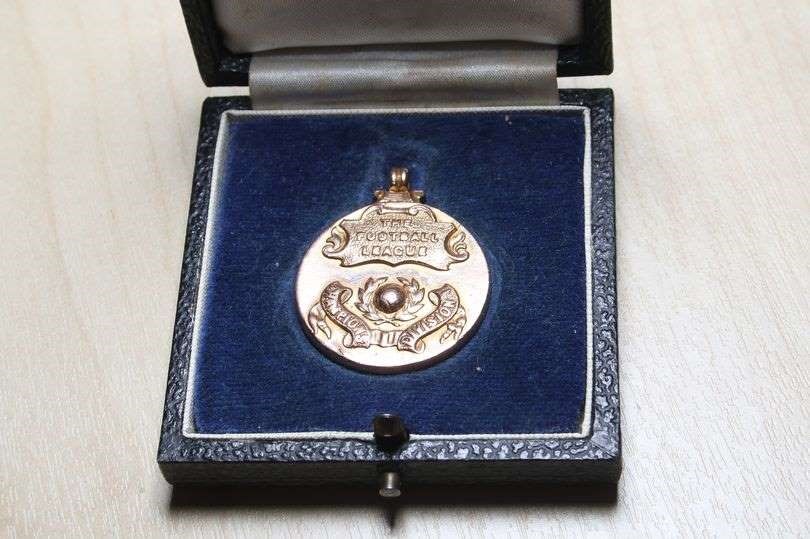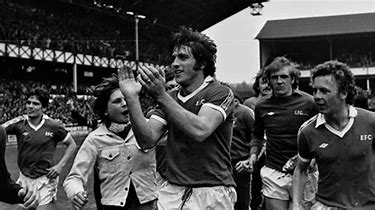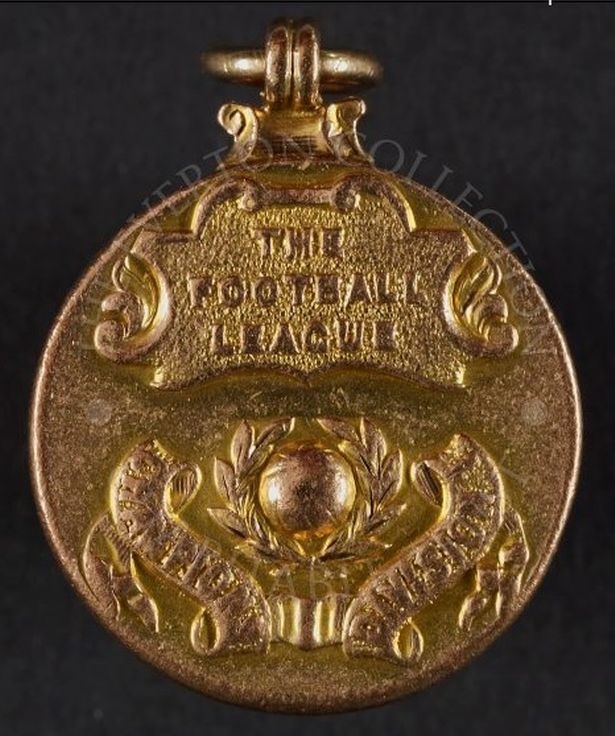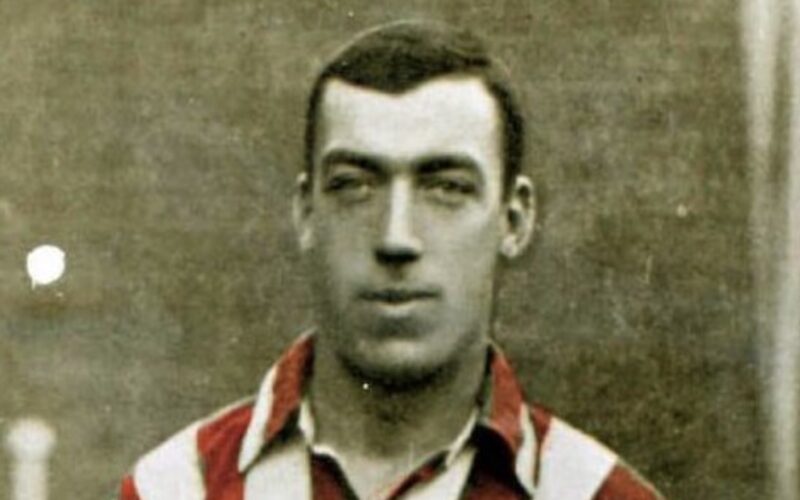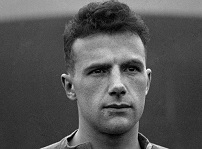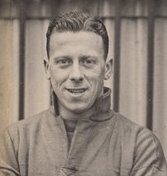Dixie Dean’s most cherished medal comes home
Dixie Dean’s most prized medal came home at the weekend - and Everton have been given the opportunity to secure it for good. Famed memorabilia collector Gordon Wallis bought Dixie Dean’s 1927/28 League Championship winning medal - the season he set the Football League’s 60-goal scoring record - at auction in 1991. But to commemorate the 90th anniversary of Dixie’s remarkable achievement Mr Wallis agreed to bring the cherished medal back to its spiritual home. And at a special event organised by the Everton Heritage Society to celebrate the medal’s return, Mr Wallis hinted that it could one day enjoy…

